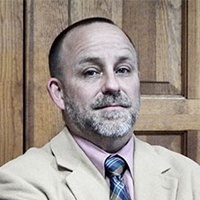Stockertown DUI-DWI Lawyer, Pennsylvania
Sponsored Law Firm
-
 x
x

Click For More Info:
-
Ciccarelli Law Offices
Numerous Office Locations Available» view mapCriminal Defense Success Is Our Mission
You gain the resources of a Team with 100 years of combined experience fighting for their clients throughout Pennsylvania.
888-240-0896
Paul M. Aaroe
✓ VERIFIEDDUI-DWI, Criminal, Felony, Traffic, Misdemeanor
New Jersey Bar 1998 PA Bar 1992
Paul M. Aaroe, II, Esquire. Over 30 years of experience. Personal and professional services. Son of Superior Court Judge Paul Aaroe. Dedicated ... (more)
Robert Charles Patterson
White Collar Crime, Misdemeanor, Felony, DUI-DWI
Status: In Good Standing Licensed: 30 Years
FREE CONSULTATION
CONTACTJames L. Pfeiffer
Traffic, Employee Rights, Family Law, DUI-DWI, Personal Injury
Status: In Good Standing
FREE CONSULTATION
CONTACT Lee Ciccarelli West Chester, PA
Lee Ciccarelli West Chester, PA AboutCiccarelli Law Offices
AboutCiccarelli Law Offices Practice AreasSpecializations
Practice AreasSpecializations

